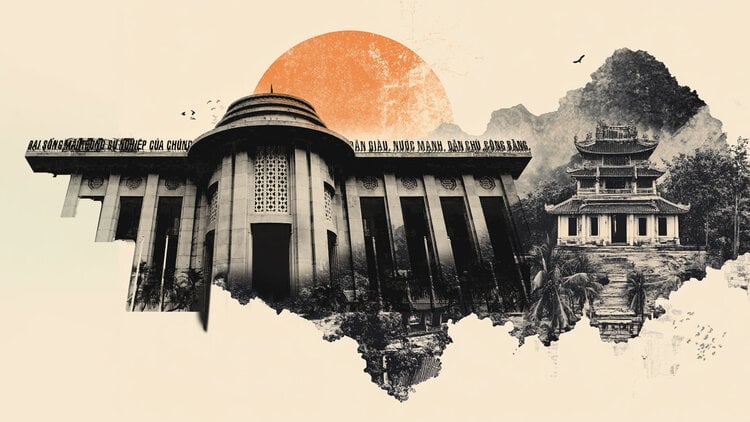Traditional in the pre-carnival, parties, concerts and festivals with street blocks have become Plan B for part of the associations in view of the cancellation of the street Carnival and the advance of the Ômicron variant. In São Paulo, the maintenance of these events is not unanimous in the environment, which is experiencing a split: there are those who believe that private environments allow greater sanitary control and those who are against any such event this summer.
The new increase in covid-19 cases has frustrated plans for the 2022 revelry, which had been expected given the previous year’s restriction on digital events amidst the second wave. This time, with the resumption of the cultural sector and vaccination, part of the organizers defends that private events are an option so that the celebration will not go unnoticed again.
Among the blocks scheduled for the coming weeks are some of the largest in the city, such as Acadêmicos do Baixo Augusta, Agrada Gregos and Tarado Ni Você, among others. Events range from small to large.
One of the biggest blocks in the city, MinhoQueens will participate, for example, in two party festivals and plan parties. “From the moment a party is held only for vaccinated people, there is greater control”, says Fernando Magrin, founding partner.
He supports the decision of the Ricardo Nunes (MDB) administration to cancel the street parades. At the same time, he regrets that the situation only allows closed events, which he believes take away a little from the “spirit of the democratic party that is carnival”.
Smaller, with around 1,500 revelers in 2020, Soul Chico is another that decided to keep its event schedule. A party in conjunction with the Lets Block block is scheduled for the second half of January, with audience restriction to half of what is allowed at the venue (about 150 tickets are on sale). Two other events are planned for February, depending on the result of the “pilot”.
Prevention
Founder of Soul Chico (a mixture of soul music and Chico Buarque), Jean Franco Borges understands that the increase in transmission is largely due to the population’s reduced adherence to prevention measures, especially at the end of the year. For him, flexibility is possible if there is more respect for protocols, such as the use of masks and less crowding.
Borges refutes the argument that the parties would be an elitization of carnival, often mentioned on social networks, because they have been held for years by the blocks at this time of year. He also highlights the importance of larger events investing in compliance with protocols. “The issue is not the size of the event, it’s the control over it”, which he believes would be impossible on the street, whose audience estimated by the City Hall was 18 million in three weeks.
Other blocks have not yet decided if they will hold a face-to-face event. Founder of Ritaleena, singer Alessa says that health agencies should standardize safety protocols for this type of event (whose restriction today is basically the presentation of the vaccine passport). “Many events say they will follow all protocols, but we have seen a lot of contamination from the people who have been going to the parties. So, we are still studying this option, we still don’t have anything defined.”
Big events
At least four large Carnival festivals are scheduled for January and February this year, lasting two to six days in places such as the Memorial da América Latina, Estádio do Canindé and the Jockey Club. The main attractions are nationally popular artists such as Anitta, Daniela Mercury, João Gomes and Alok.
The Estadão sought out organizers of the events (such as Arena Carnaval, Festival Agrada Gregos, Carnabloco and Carnaval na Cidade), but did not get a return. The profiles of the celebrations on social networks have highlighted the requirement for a vaccine passport upon entry, which is mandatory at parties of any size in the city of São Paulo.
A manifesto signed by three street carnival organizations in São Paulo, which bring together more than 200 blocks, was published in defense of the total cancellation of events of this type, whether public or private. The associations indicated that they have identified cases of disease transmission even in trials restricted to a few dozen people.
Reference: CNN Brasil







